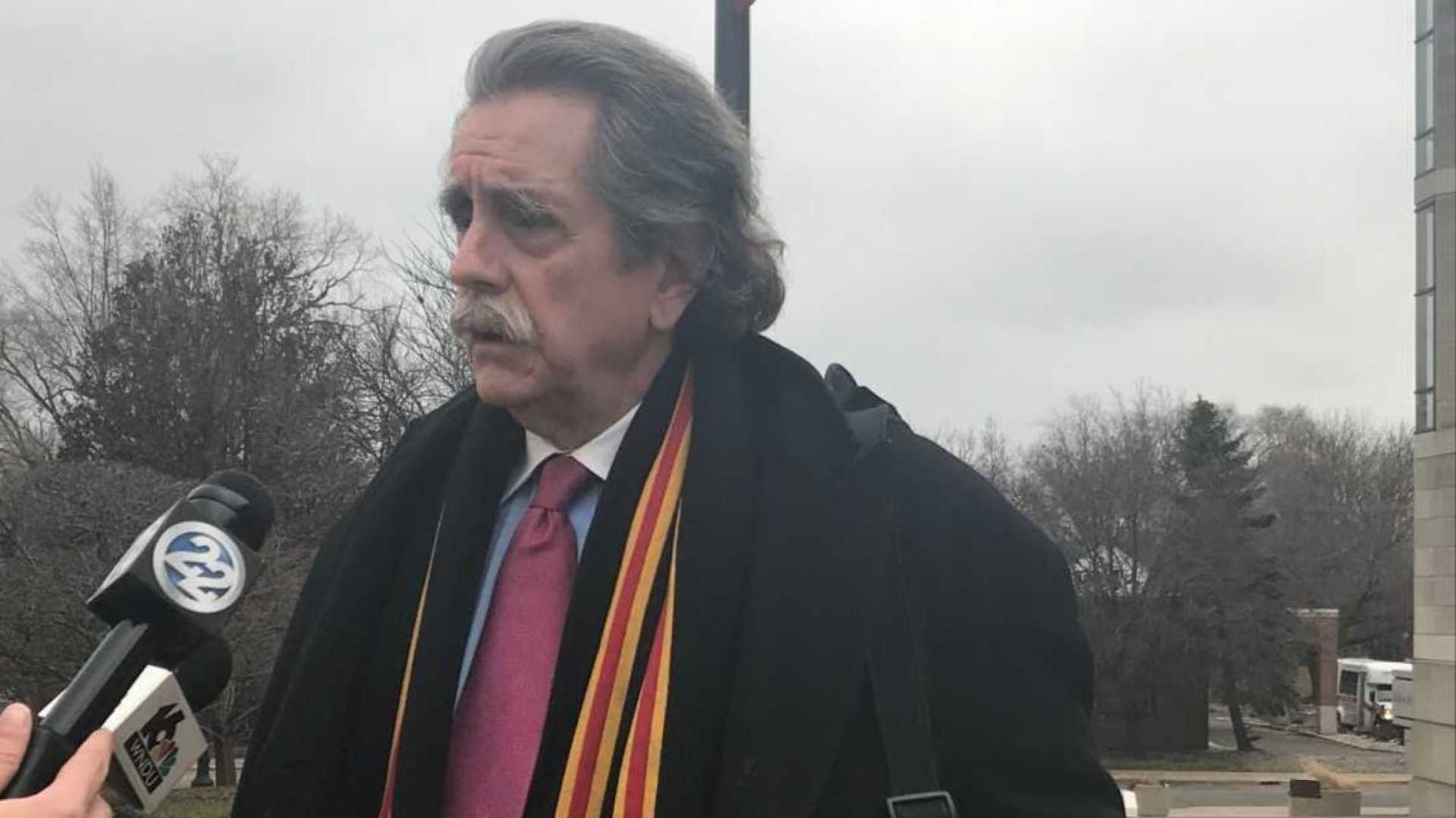News
Prominent Chicago Lawyer Thomas Durkin Passes Away at 78

CHICAGO — Thomas Anthony Durkin, a renowned criminal defense attorney known for his fierce advocacy and dedication to holding authorities accountable, died on Monday after a brief hospitalization. He was 78.
A graduate of Chicago’s Leo High School in 1964, Durkin was a passionate and mustachioed litigator who took on high-profile cases throughout his five-decade career. His clients included Guantanamo Bay detainees and Chicago drug traffickers, such as Margarito Flores, who helped build cases against notorious cartel leaders.
Durkin’s most recent case involved former Chicago Alderman Carrie Austin, whom he represented on corruption charges. In a notable courtroom appearance in May, he challenged a doctor’s assessment of Austin’s fitness for trial, ultimately delaying the proceedings.
Robert Rascia, a longtime colleague, reflected on Durkin’s impact: “Absolutely nothing got by him. When we went to court, I had this feeling it was going to go our way. I was never worried.” Rascia praised Durkin for mentoring young lawyers and instilling values of integrity over monetary gain.
Josh Herman, another associate, called Durkin “a tremendous presence” who left a lasting legacy in the legal community. Durkin’s office featured a bust of Clarence Darrow, symbolizing his commitment to justice.
One of his most notable cases involved Adel Daoud, a teenager arrested for attempting to detonate a fake bomb in Chicago. Durkin famously objected to government eavesdropping methods, earning acknowledgment in legal circles for confronting controversial practices.
Durkin received his law degree from the University of San Francisco in 1973 and began his career as a law clerk before serving as an Assistant U.S. Attorney. He fought against systemic corruption in Chicago and gained a reputation for criticizing the federal government’s overreach following the September 11 attacks.
Throughout his career, he argued cases that addressed civil rights, national security, and terrorism. In his closing arguments on various trials, he emphasized the need for rational discourse around serious allegations, famously describing three alleged terrorists as “goofs.”
His contributions to the legal field and advocacy for civil liberties leave a profound impact on many who had the privilege to work with him.












